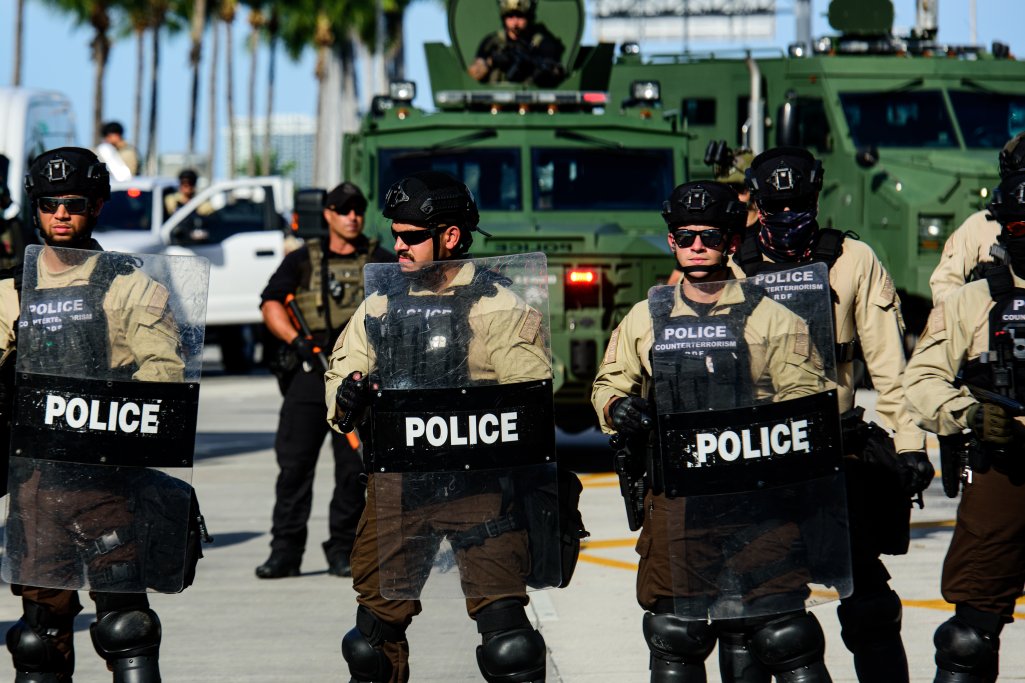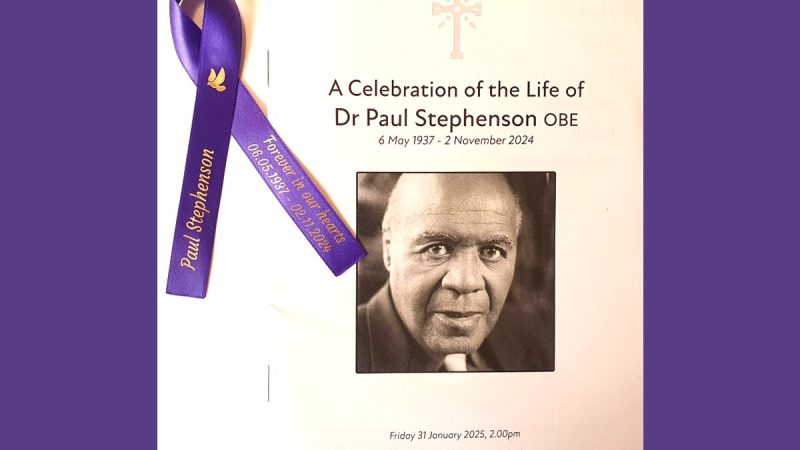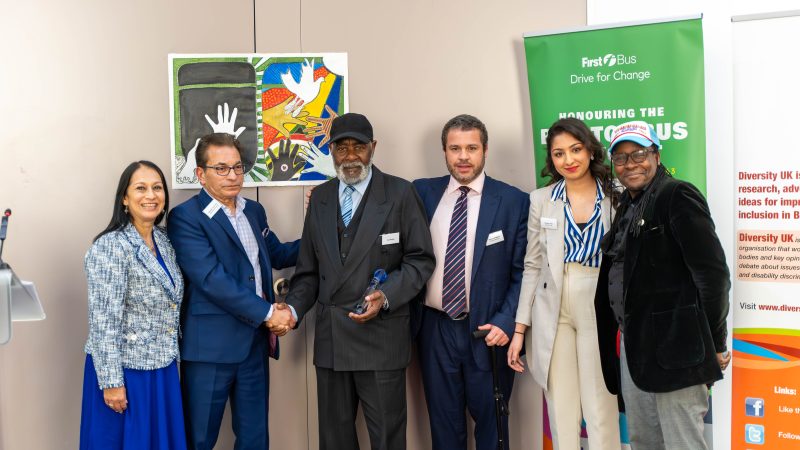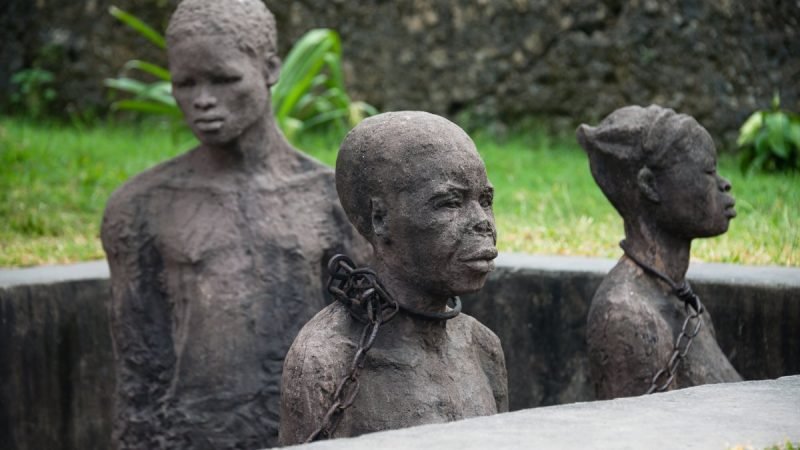Presidential tactics pose grave threat to America’s democracy

The brutal killing of George Floyd has catapulted race politics to the top of the national agenda, but, Presidential tactics pose a grave threat to America's democracy says Dr Leslie Vinjamuri of Chatham House.
The demand for national leadership to unite a clearly passionate and divided United States could not be higher, but President Donald Trump is instead adopting tactics that are inflaming division and risk greater instability and violence.
The president’s demand that governors ‘dominate’ protesters was shored up by the use of tear gas by police to disperse lawful protesters outside the White House, and his decision to deploy US military troops across the United States all signal a dangerous embrace of law and order tactics that mimic the authoritarian leaders Trump has long admired.
But in a nation defined by a well-honed expectation of the right to civil disobedience and political protest, and an unparalleled embrace of individual freedoms, the president’s tactics could backfire, triggering an escalation of violence and furthering America’s domestic political and economic crisis.
Power on world stage unsettled
The president’s tweets and strong-arm tactics alongside images of violence on the streets of America has shocked international audiences and unsettled what remains of America’s symbolic power on the global stage.
Over just one week, the headlines coming from the United States turned sharply away from a nation marking the devastating effects of a pandemic that had so far claimed more than 100,000 lives and seen more than 40 million Americans file for unemployment. Those left frightened at this turn to mass social protests have gone largely unheard. Famous American novelist Erica Jong tweeted: ‘Did everyone forget the pandemic?’
Disproportionate job loss among African-Americans
But the pandemic is not missing – in fact, it is further igniting protests across the country. Race protests have a long and deep history in America but the pandemic has revealed deep racial inequalities remain, while also frustrating young people’s ambitions. This adds an unsettling layer of discontent to America’s malaise.
The current wave of protests across more than 140 American cities comes on the heels of death and job loss among African-Americans that is disturbingly disproportionate to their share of the population. The protests are also enabled by a climate where many young Americans are not working and have been socially isolated for months.
The president’s concern for his own popularity are also sure to be a driving force behind his tactics. Throughout his tenure, Trump has attempted to deflect attention away from any politics that threaten to undermine his popularity. These protests are distracting Americans – and the rest of the world – from focusing on the administration’s disorderly and chaotic response to a national health crisis.
Intense criticism of the response stood in contrast to praise heaped on America’s governors for taking the lead. Recent national polls putting Trump 10% behind Joe Biden are bound to have been unsettling to this president. His strong-arm tactics are likely based on the calculation that they will work for him, both politically and economically.
Parallels drawn to the 1968 protests
In the past few days, parallels have been drawn to the 1968 protests that rocked the nation after the assassination of Martin Luther King Jr to remind us that violent unrest has been associated with social reform, but also drives key voters to the right. If rioting continues, more Americans may begin to support law and order tactics. If true, this would bode well for Trump. Curfews have been issued in 40 cities and on a scale not experienced since 1968. And the National Guard has been activated in at least 23 states and the display of militarism in the nation’s capital is astounding.
But in the context of the pandemic’s ongoing and very grave health and economic impacts, this is a risky approach. It is now virtually guaranteed that race and the pandemic will be driving factors for Americans when they go to the polls in November. And, while Americans are not fans of instability in their hometown, many protests across the US have been peaceful, and images of police kneeling alongside protesters are spreading rapidly across national networks and social media.
It is also not obvious which US voters Trump is seeking to court. His base has already demonstrated unerring loyalty so they are unlikely to be at risk, leaving the real question being whether law and order tactics can secure support among voters Trump cannot be sure of – especially young voters, suburban women, African-Americans, and ex-urban voters.
Greatest risk is to America’s democracy itself
It is a gamble to assume any of these constituencies will be impressed by the use of military power in America’s cities, or violence against African-Americans, especially as the pandemic’s effects continue. If anything, the current politics look likely to drive African-American voters to the polls, especially if – as seems likely – Biden chooses an African-American woman as his running mate. There are also strong reasons to believe that the pandemic will drive a rise in turnout among young voters who have been hit hard by unemployment and college closures. None of this bodes well for President Trump.
Those who look back to 1968 are also forgetting America has progressed, especially expectations as to how minority Americans should be treated and how the use of force should be deployed, both at home and abroad.
The gravest risk of the violence combined with strong-arm tactics is to America’s democracy itself. But America’s democracy and the economic vitality it fosters underscore America’s symbolic power and its global appeal. It is crystal clear the presidential election is game-changing – not only for America but also the rest of the world.
The pandemic has already accelerated Trump’s erratic international engagement, but this new crisis takes that one step further. President Trump is swinging with a bat against America’s friends, as well as the institutions the United States and the rest of the world need to invest in to secure the future of both today’s and the next generation.
About Chatham House
Chatham House, the Royal Institute of International Affairs, is independent and owes no allegiance to any government or to any political body. It does not take institutional positions on policy issues. As a world-leading policy institute, its mission is to help governments and societies build a sustainably secure, prosperous and just world.
It delivers its mission through:
- Dialogue: Engaging governments, the private sector, civil society and our members in open debates and private discussions on the major issues in world politics.
- Research: Rigorous analysis of critical global, regional and country-specific challenges and opportunities.
- Leadership: Training the next generation of policy influencers to deepen their knowledge of the critical political issues and to develop their analytical and problem-solving skills.
For further information visit https://www.chathamhouse.org/




